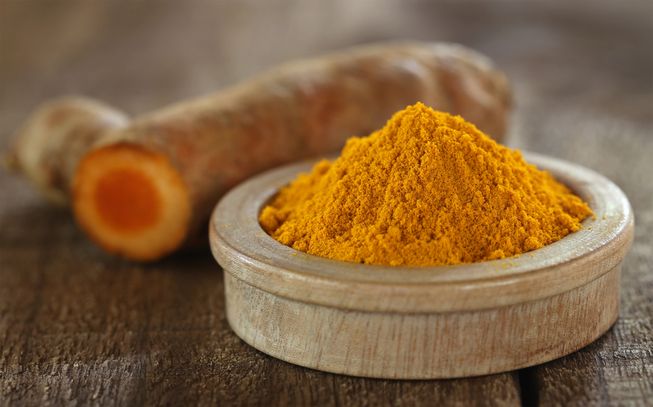How to grow, dry and grind your own turmeric powder from fresh roots
04/04/2018 / By Edsel Cook

Like any other superfood, turmeric powder is most effective when it’s freshly-grown and prepared by hand at home. A Rockin W Homestead article advised how to grow, dry, and grind your own powder for any curries, protein shakes, or tea you plan to make.
Turmeric is very easy to grow indoors. All you need is a big rhizome that you can get at the nearest health store or grocery and several pots with rich organic soil. Take that rhizome and break it into smaller pieces that have two or three buds on them. Plant each smaller root about two inches deep into the soil with the buds pointing upwards.
The soil in each pot must be kept slightly moist but not soggy. Water your crops every couple of days, with longer intervals if you live in a cool area, and make sure the soil drains well.
Twice a month, you should add a compost tea or organic fertilizer to encourage the plants’ growth.
Turmeric will take anywhere from seven to 10 months to mature. A Rodale’s Organic Life article recommended planting them during late winter.
Drying turmeric
Now that you’ve harvested your own small crop of turmeric, it’s time to turn those healthy roots into useful powder.
Gather up a kitchen knife and cutting board, a vegetable peeler, a mixing bowl, a spice mill or coffee grinder, a fine mesh sieve, a mortar and pestle, and a mason jar with a lid. You’ll also need a food dehydrator and parchment paper for its trays.
Last but not least, put on a pair of comfortable gloves. You don’t want to get turmeric stains on your hands because they take days to wear off.
Mother Nature's micronutrient secret: Organic Broccoli Sprout Capsules now available, delivering 280mg of high-density nutrition, including the extraordinary "sulforaphane" and "glucosinolate" nutrients found only in cruciferous healing foods. Every lot laboratory tested. See availability here.
Wash each turmeric rhizome with soap and water. Once you’ve cleaned them, rinse them well before patting them dry.
Peel off the outer skin of each root. Toss the skin into the compost heap; the nutrients and healthy properties are in the orange flesh of the rhizome.
Cut each turmeric root into thin slices. Make sure the slices are similar in size so that they can dry evenly in the dehydrator.
Cover the dehydrator trays with parchment paper before placing the turmeric slices on them. As they dry, the slices will shrink a lot, so the paper will keep them from falling between the trays.
Set the dehydrator for 105° Fahrenheit. At this low heat, the turmeric will take four hours to dry, and the important enzymes and nutrients in the spice will be preserved. (Related: Turmeric and omega 3s can cure diabetes – but you’ll never hear that from your doctor.)
Grinding turmeric
Set up the mixing bowl by covering it with the fine mesh sieve. Then put small amounts of dried turmeric in your spice mill or coffee grinder.
Once you’ve ground each batch, carefully pour the powder onto the mesh sieve. Use a large spoon or spatula to move the powder around the porous surface.
The mixing bowl will collect the fine powder while the sieve will stop the large pieces that escaped the grinding process. Return any piece to the mill or grinder for further processing alongside a new batch of turmeric.
The stubborn little bits that refuse to be ground down by the grinding machine get the old-school treatment. Put them in the mortar bowl and pound them with the pestle until they’re properly pulverized.
Transfer all the powder into the mason jar for storage. Make sure the lid fits tightly over the mouth of the jar.
Congratulations! You now have your own handmade turmeric powder. Now, go toast yourself with a cup of turmeric tea.
Find out more indoor gardening tips at HomeGardeningNews.com.
Sources include:
Tagged Under: drying turmeric, grinding turmeric, growing turmeric, Herbs, indoor garden, indoor gardening, natural medicine, turmeric, turmeric powder




















